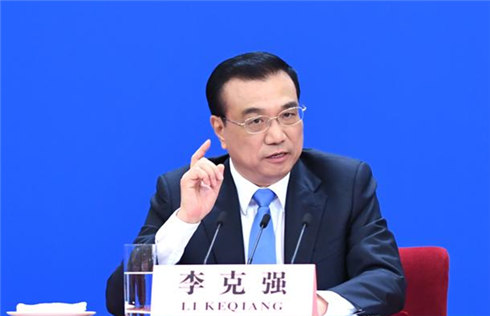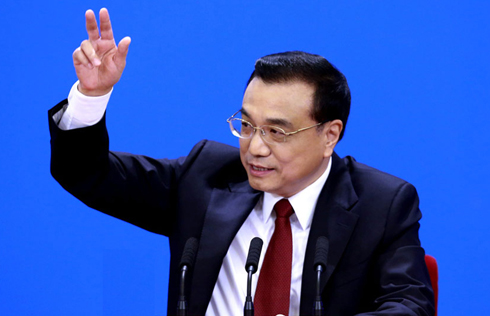Improved legal services urged
Legislators have called on the government to provide more legal services for the growing number of enterprises expanding overseas as part of the Belt and Road Initiative.
Authorities nationwide have also been urged to hire talent with knowledge of international commercial law to avoid misconduct that could threaten deals, such as mergers and acquisitions.
The plea was made by deputies during the annual session of the National People's Congress, the top legislature, which ended on Wednesday.
Chinese companies that are going global face fierce competition in terms of intellectual property, said Cun Min, the newly promoted deputy head of the Xishuangbanna Dai autonomous prefecture government in Yunnan province.
Formerly a provincial commerce official, Cun said the legitimate rights and interests of many companies, especially small and medium-sized enterprises, are often infringed on due to their disadvantages in creating, utilizing, protecting and managing intellectual property as well as their limited access to related services.
The main problems Chinese companies face include "malicious trademark registration", intellectual property litigation from rivals and other intellectual property-related disputes relating to contracts, investment cooperation, technology acquisition and employment, she added.
More than 15 percent of well-known Chinese trade-marks have been "maliciously registered" overseas, Cun said, citing estimates by unnamed experts.
"The main reason firms fall victim to such problems is the insufficient support system to help protect intellectual property rights of Chinese companies overseas," she said. "While guidance and support from the government needs to be strengthened, there are also not enough relevant social services."
Cun suggested utilizing the experience of developed countries and setting up a fund, supported by government and social finances, to offer companies services to protect intellectual property rights and other interests.
Yuan Zhongxue, president of Mesnac, a rubber and tire machinery supplier in Qingdao, Shandong province, and an NPC deputy, said that while conducting market research in Thailand, his employees saw that authorities in developed countries offer legal services to their companies when in commercial disputes overseas.
"As Chinese companies go abroad with the Belt and Road Initiative, Chinese judicial officers should too," Yuan said, adding that legal support that companies receive from embassies is limited.
He said it would be better if companies could get suggestions from the government on the legal environment in their investment destinations that they can use as a reference to make decisions, as many companies don't have such expertise.
However, Wang Youde, an NPC deputy and president of Shandong Hengyuan Petrochemical Co, said the government should also be well-prepared to offer services based on international law.
Hengyuan acquired a majority stake in Shell's Malaysian oil refinery business for $66.3 million last year. During negotiations, the companies signed a confidentiality agreement, yet Wang said that before the talks were finalized, the Shandong provincial government made a public announcement about the deal. This, he said, resulted in difficulties that could have been avoided.
"Government departments should hire professionals with expertise in international law and improve their services," Wang added.
Ding Yuhua, an NPC deputy and president of Triangle Group, a major tire producer in China, agreed and said a lot of talent is needed as Chinese companies go global, adding that it will take time for China to foster such talent, so employing foreign talent is necessary.
Foreign talent will be more motivated if they are included into China's social security system, Ding added.

























